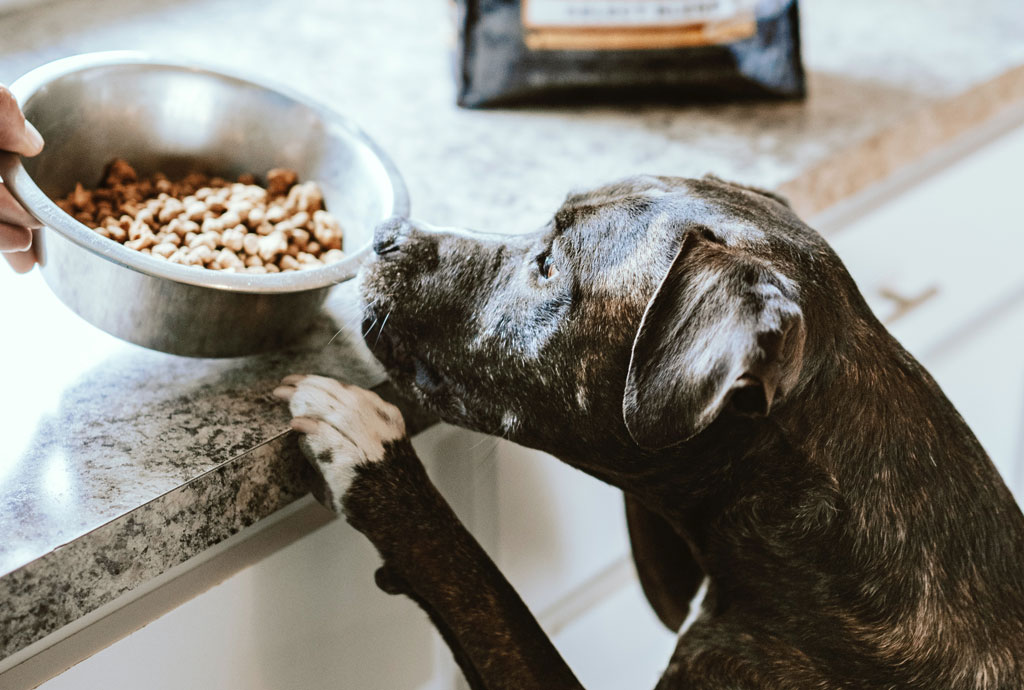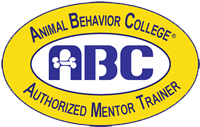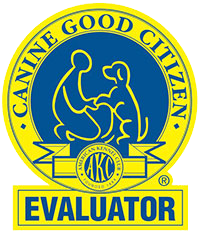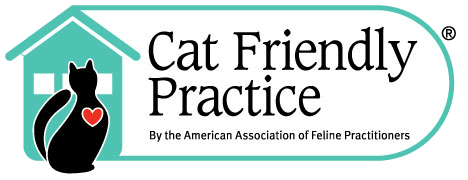
This question is one of my favorite and sometimes long-winded answers. Although it is easy to express my opinions on my top choices for pet food manufacturers, I think it is important for pet owners to not only have confidence in the food manufacturer, not just my opinion of them.
An article published in dvm360 by Joan Capuzzi, VMD inspired me to share her words of wisdom because it perfectly lists all the details I hope to share with all my clients. Please keep in mind, I have summarized her article to the pertinent details for pet owners. So let’s get into the good stuff.
Resources: Find Your Own Pet Food Facts Via The Following Links
- Association of American Feed Control Officials (AAFCO): https://www.aafco.org/
- Worlds Small Animal Veterinary Association (WSAVA): https://wsava.org/
Steps To Finding The Right Pet Food
- Responsible pet food manufacturers
- Call the food company and ask if they hire critical staff for food, such as a board-certified veterinary nutritionist, a PhD nutritionist, an animal food formulation specialist, and a toxicologist.
- Find out what quality control testing is performed in the processing of the food. One way I ask clients to objectively evaluate a food is finding out how many recalls they have had and the reason for the recall.
- How to read a pet food label
- Read the AAFCO statement. This is very small, but very significant label on ALL dog foods.
- “Complete and balanced” or “for intermittent or supplemental feeding”
- All pets should be on complete and balanced unless directed by your veterinarian.
- “Formulated” vs “Feeding trials”
- Ultimately feeding trials are the superior more rigorous method and carry a greater weight.
- “By-product”
- These ingredients are non-rendered clean parts other than muscle meats such as liver, kidney, and lungs. This does NOT include hair, horns, hooves, or teeth. Although by-products get a bad rap, they often have high nutritive value and do not necessarily diminish quality.
- “Complete and balanced” or “for intermittent or supplemental feeding”
- Read the AAFCO statement. This is very small, but very significant label on ALL dog foods.
- Red flags
- Outlandish marketing tactics
- Lack of information
- Disregard for facts (i.e. “Recipes that are low in animal proteins and high in carbs can pose grave health issues for our carnivorous companions. This leads to fatigue, immunodeficiency and obesity-related diabetes.”)
- Unfounded health claims (i.e. “This food will stop your pet from itching”)
Homemade Pet Food Diets
Some people feel more comfortable making a homemade diet. My concern is making sure it is complete and balanced. I am not a veterinary nutritionist, but you can hire one by filling out a profile for your pet and they will generate a recipe based on your pets’ specific needs at www.balanceit.com
Dr. Annie Gintert

Contact Us
Regular check ups with a veterinarian are important for your pet's health. Contact us today to schedule your next appointment.





